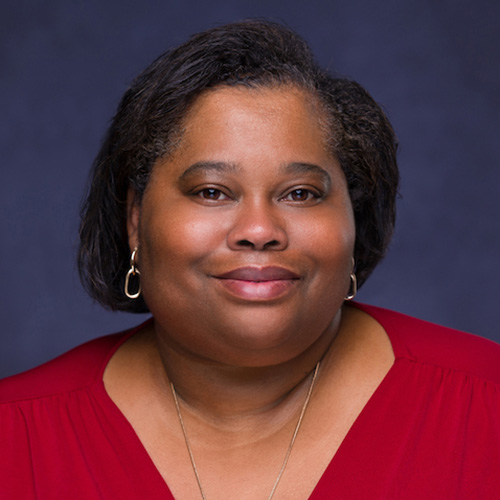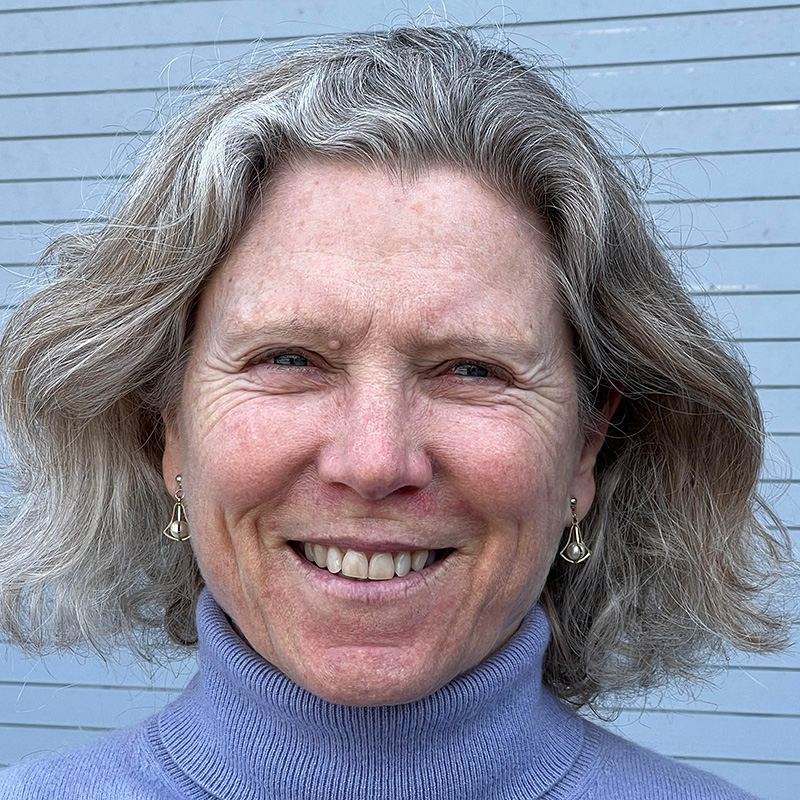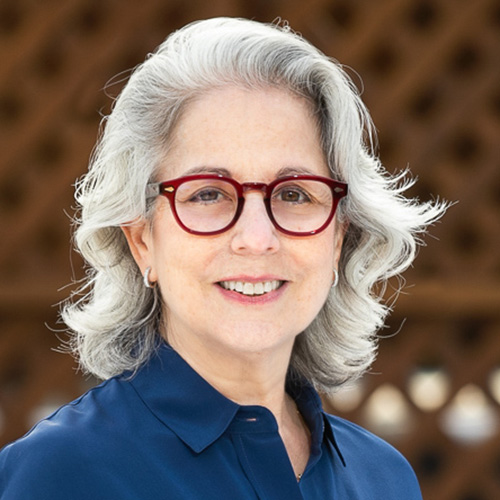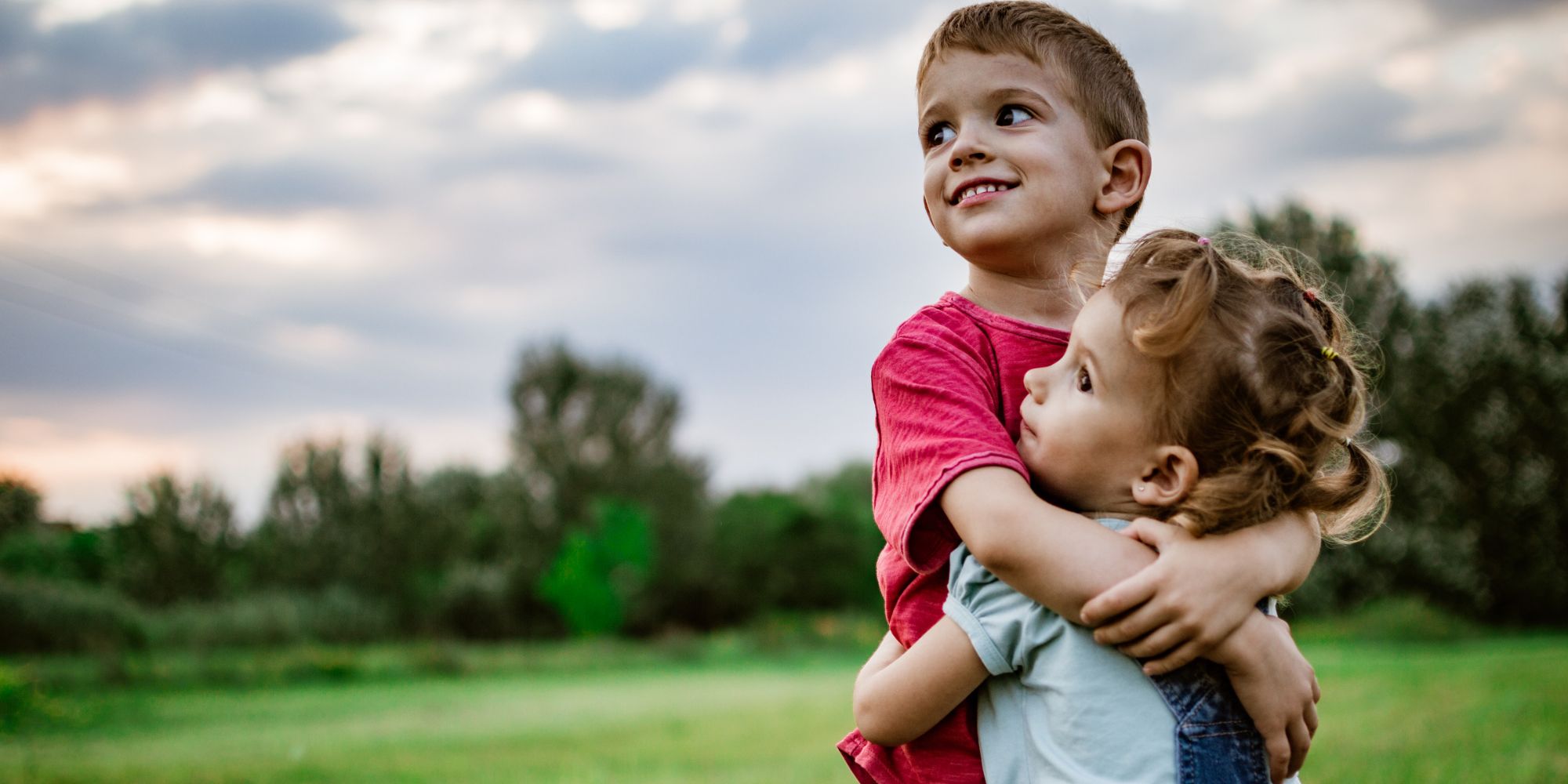What do you do when a preschooler throws a desk? For Carol Barton, project director of Early Childhood Education in Marin County (Calif.) Schools, the first step is to take a deep breath to self-regulate so you can become a safe base for the child. Then, you are ready to access your skills and knowledge. “In order to support the children in those situations,” Barton says, “the adult in that classroom needs to be highly trained and to have incredible supports.”
Barton realizes that understanding a four-year-old’s outburst demands another, deeper level of reflection. “There’s a lot going on behind what happened before that desk got thrown,” she says. When she reached out to Leading for Children (LFC) in 2020, she was seeking a partner who could help the early learning system of Marin County develop its equity fluency so that every adult would feel equipped with the internal skills and strong partnerships vital to support children.
LFC’s mutual learning programs are delivered through a series of convenings that bring together adults from diverse roles, known as Learning Networks. “We have had a lot of trainings about equity and diversity,” Barton recalls, “but what I really wanted was for everyone to work together in a way that’s equitable.”

Nichole Parks, LFC’s director of programs, says the Marin County Learning Network members find self-empowerment through equitable conversations. “One member said she was able to have an open dialogue with her father and say, ‘I believe that I am smart. I believe that as a woman, I can go to college and have a career.’ And that’s exactly what she’s doing,” Parks says.
LFC has partnered with organizations to establish Learning Networks in 11 states and Washington, D.C., that are striving to create cultures of equity, shared learning and collaborative decision-making. These Learning Networks convene all the stakeholders—not just teachers and parents, but also bus drivers, administrative staff and social workers—to work together on dialogue and shared solutions.
Executive Director Judy Jablon says that LFC focuses on adults in the early learning ecosystem because “children learn respect, dignity and empathy from the adults in their lives.”
Parks adds, “Children learn what they live.” For this reason, LFC has focused their work on supporting communities to create and model equitable relationships. Members who have engaged in mutual learning experiences report increased self-confidence, sense of agency in their interactions and respect for diverse perspectives.
👉 Five Commitments of Optimistic Leaders for Children.
Marin County’s equity issues are all its own, but they also speak to economic and racial divides across the nation. According to the Bay Area Equity Atlas, it is one of the most segregated in the region. “This is a county of privilege and wealth as well as hard-working communities in poverty,” Barton says.

Barton engaged LFC to supplement statewide efforts such as the Desired Results Developmental Profile (DRDP), an assessment tool that helps educators see children through a developmental lens, though she notes that it is mandated for use only in state-funded, low-income settings. “What does it say that we’re assessing these children and not the ones from privileged families?” she asks. “That’s a built-in distortion.”
To address such structural issues, Barton instituted a project for incoming kindergarteners, where their preschool teachers meet with the new teachers to share the DRDP as well as a strengths-based list of “things you should know about this child.”
J is a dual language learner. He has excellent English language skills (expressive, receptive, reciprocal). He has worked extremely hard to express how he is feeling.
J loves art and drawing. He can sit for a long time and focus on what he is drawing.
J is a master rhymer. He loves rhyming games and is very good at it.
“Sitting with preschool teachers, transitional kindergarten and kindergarten teachers in our initial Zoom meetings,” Barton recalls. “I could feel the bias of the elementary school teachers break and drop away from them.”
“What they’re doing is breaking down power structures,” says Parks. “We know that power is at the core of inequity, and we know it is cruel to assess children without really seeing them.”
Returning once again to the desk-throwing child, Barton acknowledges that the early learning classroom is “an incredibly hard world to be your best person in and to show up that way or to have empathy and compassion for every other being in your space.” Nevertheless, she urges those stressed, underpaid educators to ask, “What is he experiencing in this moment? And how can I connect with him so that he can self-regulate in this moment? But first, as the adult, I have to be self-aware, and I have to be able to self-regulate.”

The same self-awareness matters when dealing with adult-adult relationships in the child care setting. Jablon says, “Our adult relationships are fraught with distrust and uneven power dynamics, creating toxicity that undermines the success of young children.”
Barton tells a story of a dad who, in his anger, was using aggressive language with an educator. “The educator explained that previously, his aggressive tone and words had caused her to withdraw. Although she didn’t find his style appropriate, she has learned to ask herself, ‘What is he trying to tell me? What is he trying to say that he needs?’ So she stopped and said, ‘I hear you. Your feelings are valid. How can I help you?’ Her self-awareness and sense of empowerment allowed her to work with him towards a solution that benefited his son.”
“The systems we have are not set up to support empathy and compassion,” says Barton. “They’re not set up to help us cultivate our own self-awareness. In fact, I think we are in systems that actively drive all that out of us.”
Engaging with LFC is a step toward reimagining systems that have functioned so long with their built-in inequities that those inside the systems often don’t even notice them. Breaking them down starts with creating safe and respectful spaces where open, honest and courageous conversations can happen.

Mark Swartz
Mark Swartz writes about efforts to improve early care and education as well as developments in the U.S. care economy. He lives in Maryland.



